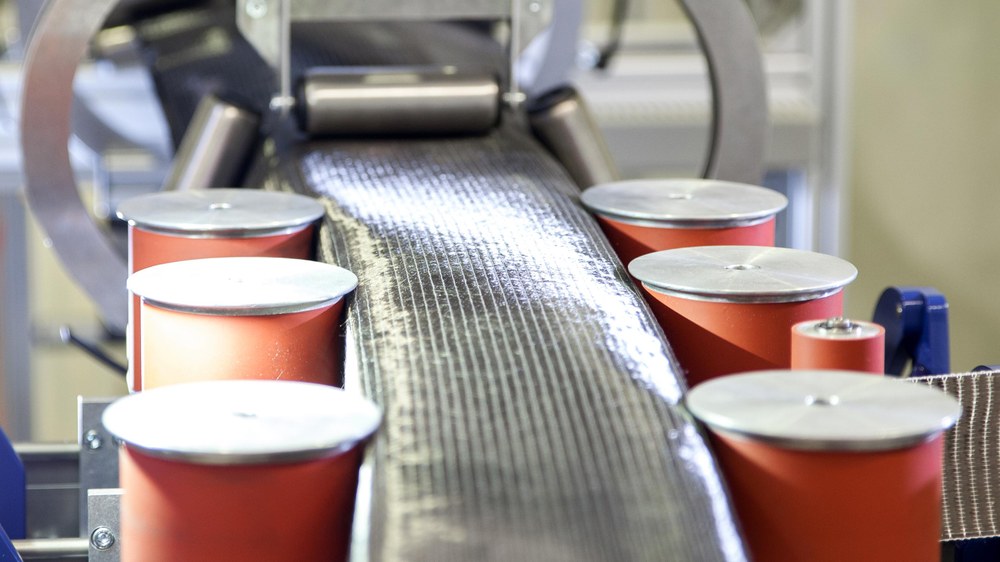From research to industry: DLR invests in the spin-off company COPRO Technology GmbH
- DLR grants COPRO Technology GmbH a licence and invests in the spin-off company
- Successful DLR start-up
- Special roll forming technology for fibrecomposite components enables efficient and cost-effective production of complex, three-dimensional profile geometries
- Focus: Aeronautics, transport, lightweight construction
Lightweight structures are on the rise both in aircraft and automotive manufacturing. So far, it has only been possible to mass-produce these components at great cost. The German Aerospace Center (Deutsches Zentrum für Luft- und Raumfahrt; DLR) has granted COPRO Technology GmbH the licence for a new, cost-effective and therefore economical manufacturing technology. By doing so, a new player that specialises in roll forming technology for CFRP preforms is being launched on the market. DLR has in return acquired a corporate shareholding in the firm, which was founded in October 2016.
One of DLR's strategic aims is to reinforce its support for start-ups and successfully promote these by means of corporate investments. "We are delighted that our institute has spawned another new company, which takes innovations from the research stage through to cost-efficient CFRP production," says Martin Wiedemann, Director of the DLR Institute of Composite Structures and Adaptive Systems. "The plant technology developed by the COPRO Technology founders at the Institute makes it extremely economical to form profile geometries from textiles, which can be used in a wide variety of lightweight construction applications. The potential of this system technology is manifold and the Institute will continue to support its development in the future."
COPRO simplifies the manufacturing process for CFRP components
Future economical fibre composite manufacturing is based on automated production systems with smart process control and direct quality monitoring during the production process. Highly stressed lightweight structures, such as an aircraft fuselage or car roof, largely consist of profiles. Manufacturing these profiles from lightweight materials, such as fibre composites, is a challenge due to their complex curvatures. Until now, it has only been possible to automatically produce profile components made of these materials using expensive winding, weaving and pressing processes. "Even complex, three-dimensional profile geometries can be efficiently and cost-effectively manufactured using the COPRO®-Technology," says Wiedemann. "The COPRO®-Technology patented at DLR uses rotating pairs of rollers. Semi-finished textiles are continuously formed into preform profiles by rollers rotating with variable speeds."
DLR technology transfer
This technology development was financially supported by, among others, the Helmholtz Validation Fund, which has bridged the gap between scientific findings and companies' demands for economically viable research results. Helmholtz Enterprise also supported the establishment of the new company. DLR Technology Marketing was involved in the development of the technology and business model and co-funded the initiative. DLR's corporate shareholding will help the new company to find investors, customers and cooperation partners, thereby promoting successful technology transfer. Collaboration between research and industrial applications will be further consolidated and the production of CFRP-hybrid profiles encouraged.


